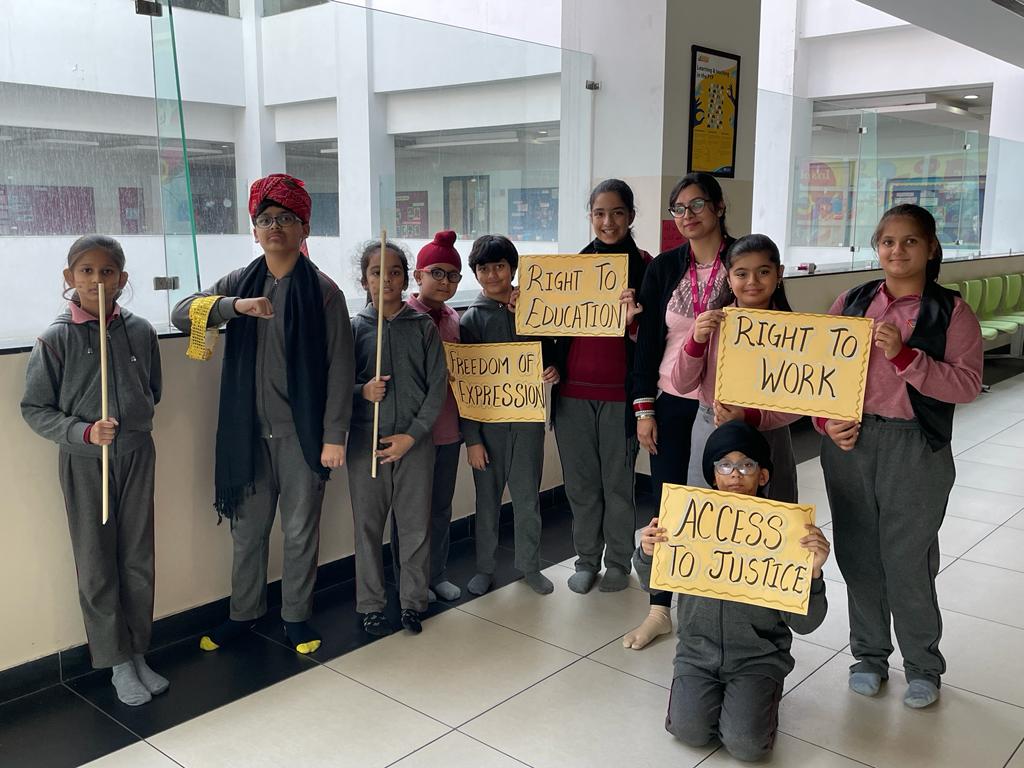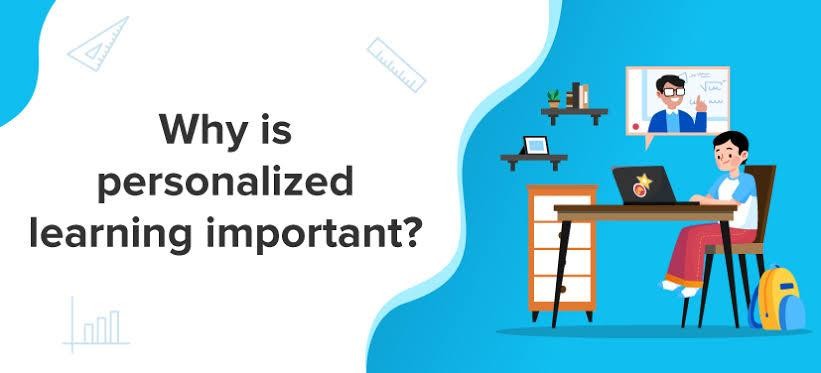How to be friends with your teenage children?

With constantly changing lifestyles due to rise of incomes, advent of technology in daily life and evolving social norms, it is inevitable for all of us to have to adapt to the changing times. On the other hand, our children, have been born in this milieu, learning, grasping and witnessing for the first time in this environment and as a result, are naturally far more adept in navigating it than us. This widens the disconnect between parents and their teenage children; and finding common ground & ways to relate to children becomes even more challenging for parents today.
Another contribution towards this breakdown in communication between parents and teenage children is that it is sometimes difficult for parents to understand that teen years are a period of intense growth for their children, not only physically but also emotionally and intellectually. As a result, it’s understandably a time of confusion, conflict and upheaval in the family and tends to be the toughest years in any parents’ life. At such a time, you may not feel like you have much influence on your child, but a teenager’s behavior is highly correlated with the strength of their bonds with their parents.
Good relationships between teenagers and their parents, are found to be positively correlated with success at school and general happiness of the teenager. By contrast, weak or conflictual parent/teen relationships are correlated with rebellious behaviour and general feelings of alienation and low self-worth in teens. There are various steps you can take to strengthen the bond with your teenager and establish a relationship based on mutual trust and respect:
Engage in healthy conversations
Discuss with your children about their day and share insights from your life with them. Exchange the highs and lows of the day together. Just like us adults, teenagers expect to be heard with respect. Always be a reliable and available person for your child to talk to. That doesn’t mean you have to accept or agree with everything, but letting your teenager talk openly (without interrupting), gives them a chance to hear their own ideas played out loud. It also provides a window into their problem-solving strengths and limitations. You can use that to help them and build a strong and constant channel of communication.
Make it a high priority to eat meals together as often as you can. Meals are a great opportunity to talk about the days’ events, to unwind, reinforce and bond. They’re also your best opportunity to keep in touch with your teenage child’s life and challenges, and to spot brewing problems.
Make Home a Fun Place
With the attention span decreasing rapidly in young minds, look for opportunities to throw a joke into a conversation or do something that makes your children have fun and be able to relax.
Find Common Interests
Spend time making your favorite foods, playing your favorite games, watching movies or going shopping. Having a similar interest, can really perk up your relationship with them.
Be the Confidante
When your child trusts you, they would not hesitate to share their secrets and information. Trust your child and let them trust you too.
Give Space
As friends, respecting each other’s’ social and private life provides quality time to them and also to the parents. Dominating and controlling every aspect of a teen’s life could strain your relationship with them and have a negative impact, in the long-run.
Look for opportunities where your teenagers need your help. Be it their studies or issues with friends or a relationship. Your insightful guidance will provide support as they make the best decision for themselves. It is important to let them make some decisions independently. Connection with a same-age friend is not the same as connection with a parent because the basis of both the relationships is very different. There are certain boundaries in a parent-child dynamic whereas friends denote ‘equal status’.
A lot of parents, understandably, have a very hard time with this one. They may feel that anything their kids do is their business. But to help your teenager become a healthy functioning young adult, you’ll need to grant some privacy. If you notice warning signs of trouble, then you can invade your child’s privacy until you get to the heart of the problem. But otherwise, it’s a good idea to establish trust and develop rapport and let them make their choices independently while you monitor from a safe distance.
Popular Posts
Recent Posts
Archive
- January 2025
- December 2024
- November 2024
- October 2024
- September 2024
- August 2024
- July 2024
- June 2024
- May 2024
- April 2024
- March 2024
- February 2024
Newsletter
 A1 and A12, SECTOR-132,EXPRESSWAY, NOIDA (201304)
A1 and A12, SECTOR-132,EXPRESSWAY, NOIDA (201304)
 +91-9711000498 / 560 / 625 / 626
+91-9711000498 / 560 / 625 / 626
 info@genesisgs.edu.in
info@genesisgs.edu.in
- Contact Us
- Address
- Mobile Number
- +91-9711000498 / 560 / 625 / 626
- info@genesisgs.edu.in
© Copyright 2018, all rights reserved with Genesis Global School






















Leave a Reply